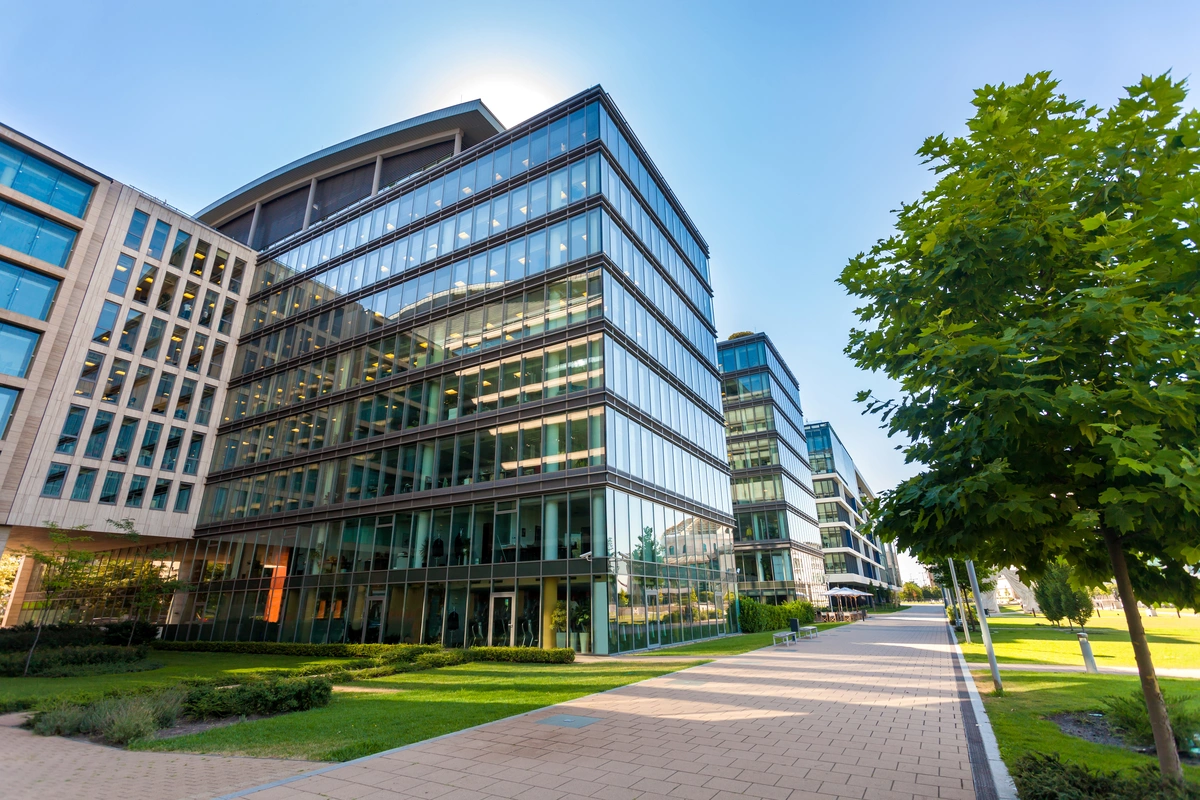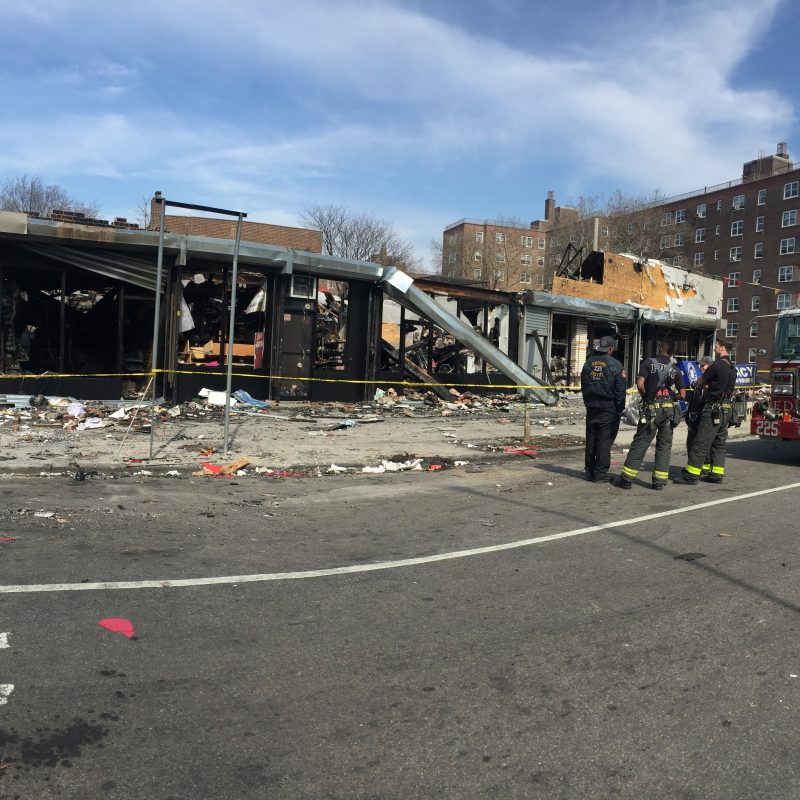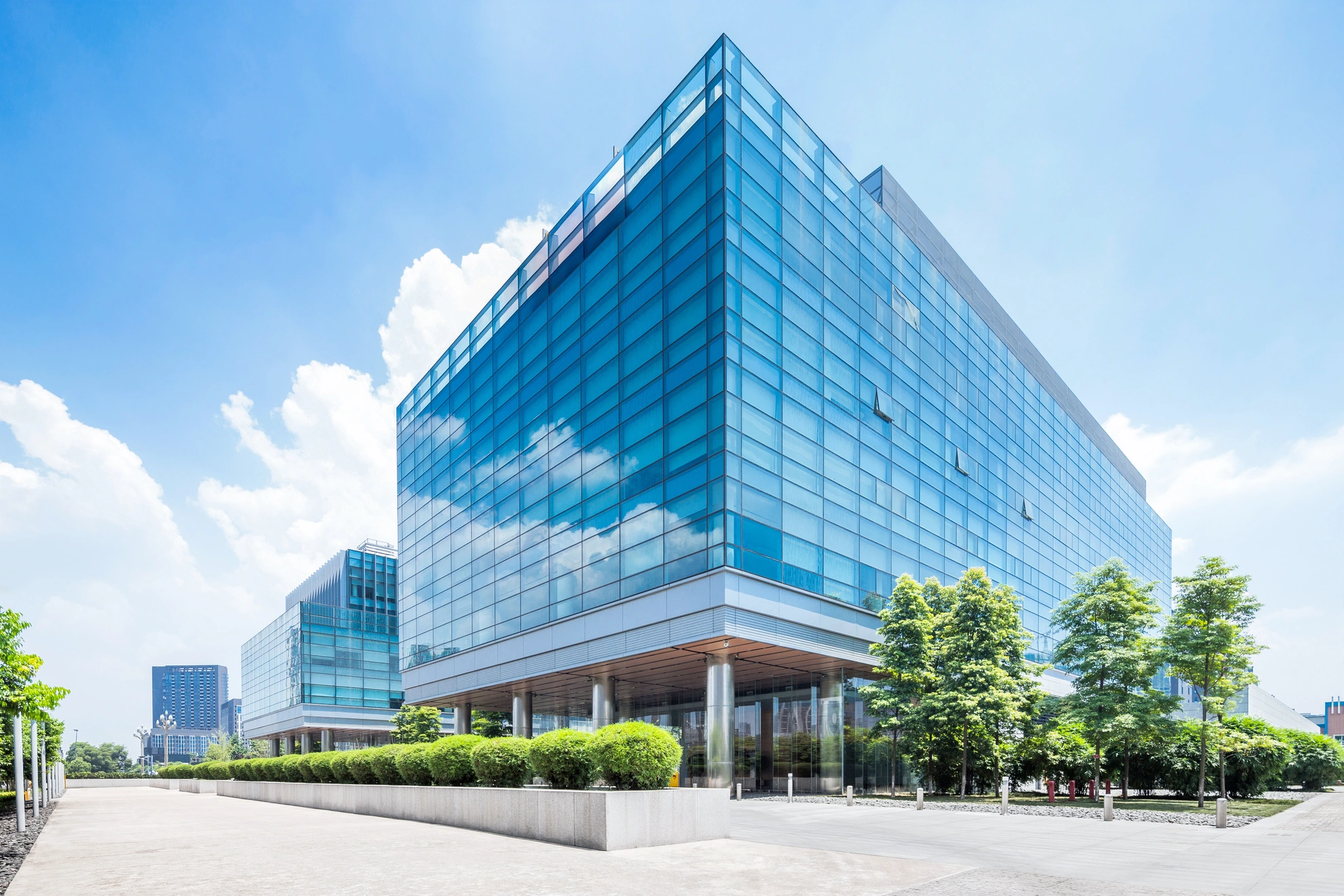Regional Expertise for Northeast Commercial Properties
Commercial properties in New York, New Jersey, Connecticut, and Pennsylvania face unique regional challenges. Winter storms cause roof collapses under snow loads. Coastal locations suffer hurricane and flood damage.
Older urban buildings contain outdated systems that fail during stress. Industrial properties in the Northeast often occupy aging facilities requiring expensive code upgrades after damage.
We understand regional construction methods, local building codes, and municipality requirements across the Northeast. This expertise helps us identify coverage for code upgrades and ordinance costs that insurers try to exclude.
FEMA reports that commercial property damage in the Northeast region reaches billions of dollars annually from weather-related events. Your business needs adjusters who understand regional risks and coverage issues.
Business Interruption in Northeast Markets
Northeast commercial real estate markets have high operating costs. Rent, utilities, payroll, and insurance expenses continue even when your business closes after property damage.
Recovery periods extend longer in dense urban areas due to permitting delays, contractor availability, and logistical challenges. Business interruption claims must account for these regional realities.
We calculate business interruption losses based on actual Northeast market conditions. We document extended recovery periods unique to this region. We fight for coverage periods that reflect reality, not insurer assumptions.










